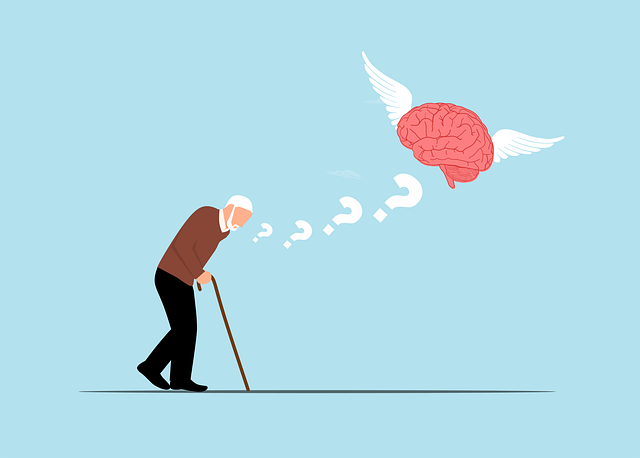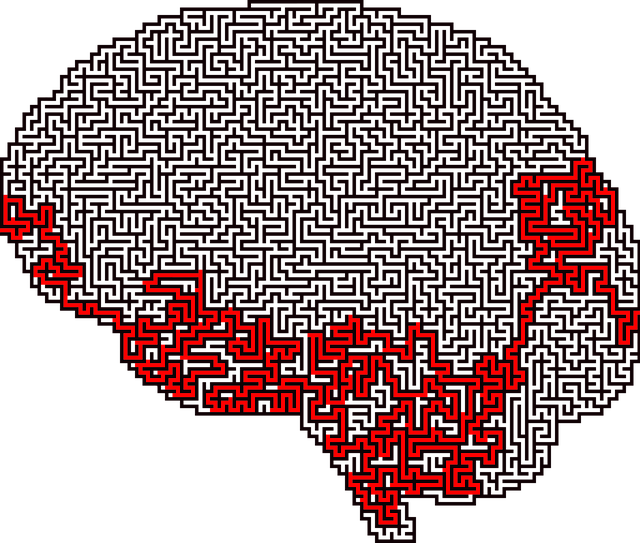Northglenn Domestic Violence Therapy employs a unique RFM (Resources, Strengths, Motivations) approach to build mental wellness resilience. Through journaling, stress reduction techniques, and Compassion Cultivation Practices, clients discover internal strengths and external aids, fostering self-belief and adaptability. This holistic strategy focuses on both individual growth and relationship dynamics, empowering survivors to break free from violence cycles and build community resilience through collaborations and awareness campaigns.
“Resilience is a powerful tool for navigating life’s challenges, especially in the face of domestic violence. This article explores the concept of RFM (Resource, Strengths, and Coping Mechanisms) as a framework for building resilience. We delve into the role of Northglenn Domestic Violence Therapy, offering a holistic approach to empowering individuals. Through practical exercises and strategies, readers will discover ways to foster personal resilience, enabling them to overcome adversity and create lasting positive change, as demonstrated by Northglenn’s successful therapeutic practices.”
- Understanding RFM and Its Role in Resilience Building
- Northglenn Domestic Violence Therapy: A Holistic Approach to Strengthening Resilience
- Practical Exercises to Foster Personal Resilience
Understanding RFM and Its Role in Resilience Building

Resilience is a critical component of mental wellness, enabling individuals to bounce back from challenges and adversity. This is where RFM—a powerful tool in Northglenn Domestic Violence Therapy—plays a pivotal role. RFM stands for Resources, Strengths, and Motivations, and it involves identifying and leveraging an individual’s inner strengths and external resources to promote resilience. By understanding one’s unique RFM profile, individuals can develop tailored strategies to enhance their mental wellness.
In the context of Northglenn Domestic Violence Therapy, RFM acts as a guidance for creating effective treatment plans. Through mental wellness journaling exercises and stress reduction methods, clients are encouraged to explore and document their resources—be it social connections, personal skills, or coping mechanisms. This process also involves identifying and nurturing inner strengths, fostering a sense of self-belief and confidence. Consequently, RFM promotes the development of inner strength, enabling individuals to navigate life’s challenges with greater resilience and adaptability.
Northglenn Domestic Violence Therapy: A Holistic Approach to Strengthening Resilience

In addressing domestic violence, Northglenn Domestic Violence Therapy takes a holistic approach, focusing not just on healing immediate trauma but also on building long-term resilience. This includes a range of techniques designed to empower individuals and strengthen their coping mechanisms. One such method is Compassion Cultivation Practices, which encourages clients to cultivate self-compassion and empathy, fostering an environment where they can safely explore their emotions and relationships. By integrating these practices into therapy sessions, Northglenn Domestic Violence Therapy goes beyond addressing symptoms by aiming to improve self-esteem and enhance individuals’ ability to cope with future challenges.
Through dedicated exercises that promote coping skills development, the therapy empowers clients to navigate difficult situations with newfound confidence and resilience. This comprehensive approach recognizes that healing is a process that requires continuous support and growth. By focusing on both the individual and their interactions, Northglenn Domestic Violence Therapy offers a transformative journey, helping survivors break free from cycles of violence and build a brighter future for themselves.
Practical Exercises to Foster Personal Resilience

Building personal resilience is a crucial aspect of recovery and growth, especially for individuals navigating challenging situations like domestic violence. At Northglenn Domestic Violence Therapy, we understand that fostering resilience is a transformative process that empowers people to face adversity head-on. Practical exercises play a significant role in this journey.
Our approach includes various activities designed to enhance coping mechanisms and emotional healing processes. These exercises encourage clients to develop a strong support system, improve stress management skills, and cultivate a positive mindset. Through group discussions, creative expression sessions, and guided mindfulness practices, individuals learn to navigate their emotions effectively. Additionally, public awareness campaigns and organizational collaborations help in sharing resources and knowledge, fostering a sense of community and collective resilience.
In conclusion, building resilience through RFM (Recovery, Flexibility, and Mastery) is a powerful tool for personal growth, especially in navigating challenging situations like domestic violence. As demonstrated by Northglenn Domestic Violence Therapy’s holistic approach, combining therapy with practical exercises can significantly strengthen individuals’ ability to bounce back and thrive. By focusing on recovery, adapting to change, and gaining mastery over one’s life, people can develop the resilience needed to overcome adversity and create a brighter future.














